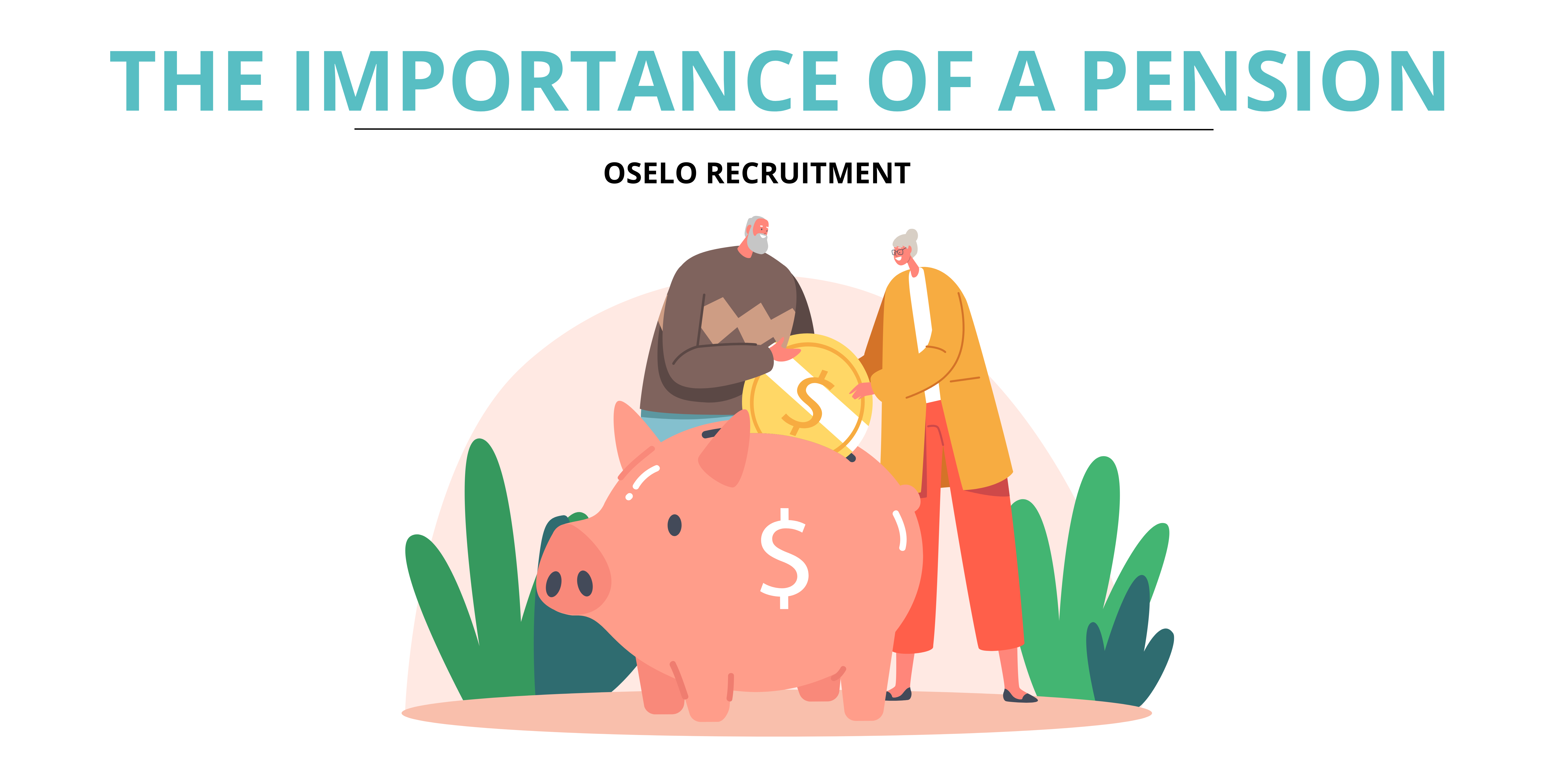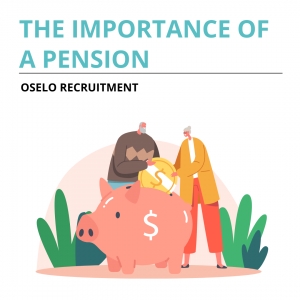The Importance of Having a Pension

Although it is not mandatory to be part of a pension scheme, it is highly advised. Most of the time, the company you work for have their own pension scheme, but there a still some companies where it is something you must manage yourself.
What is a pension?
When a person reaches a specific age, a pension is a retirement savings plan that provide a set income stream. It is one of the safest and most reliable types of savings and is crucial to a thorough retirement strategy.
Why are they important?
When you retire, you will have a reduction in income. For people who do not have the privilege of being able to put away X amount of their salary, a pension scheme automatically does this for them, as well as your employer contributing money into it too. It will be beneficial in later life when you choose to retire. Often, state pensions are minimal and are constantly fluctuating.
If you are fortunate to have a well-paying job, it is beneficial to have a private pension as with the government-funded one, you are only allowed to put a certain amount in and take a certain out at a time. Having a private pension allows you to control the amount you put in at once. You can take out 25% of your pension out of your government pot before being taxed, for private pensions, you will need to read the terms and conditions.
A good option, if you can afford it, is to have your own savings pot away from your pension as you will not be taxed on this and can put away and use as much as you want when you want.
All investment is a risk, there are pros and cons to everything. Some pros include:
- Guaranteed Income Stream: Regardless of market circumstances or other economic considerations, a pension offers retirees a guaranteed income stream. Knowing that you will have a stable income to support you in your senior years gives you comfort and security.
- Employer Contributions: A lot of pension plans are sponsored by employers, who also pay a percentage of the employee's salary as a contribution to the pension plan. This can assist to guarantee that a person has enough money to sustain themselves in their later years by dramatically increasing the amount of money they have saved for retirement.
- Tax benefits: Since pension payments are frequently tax deductible, people can increase their retirement savings by using their pre-tax income. A pension plan's investment profits are also tax-deferred, which means that taxes won't be due until the money is withdrawn.
- Professional Management: Pension plans are often managed by professional investment managers, who have the expertise and experience to maximize returns and minimize risk. This can provide individuals with peace of mind and can help to ensure that their retirement savings are well-managed.
- Estate Planning: A pension can provide people another option for arranging their estates. An individual might leave their pension benefits to their loved ones in the case of their passing by naming a beneficiary.
While pensions can offer many benefits, they also have some disadvantages that are worth considering:
- Lack of Control: With a pension, people have little power over the investing choices that are made on their behalf. They cannot change the mix of investments or the locations which their money is kept, that might restrict their ability to reach their retirement plans.
- Limited Portability: Because pensions are frequently linked to a single workplace, moving employment or transferring them to a new company may be challenging. As a result, if they move jobs or quit their employer, they may lose part of the benefits they have accrued.
- Risk of inflation: Over time, the fixed income given by a pension may not keep pace with inflation, which might reduce seniors' ability to make purchases. Due to the difficulty in forecasting future inflation rates, this is especially worrisome for people who intend to retire in the far future.
- Risk of insolvency: In some situations, pensions may not have enough money set aside for them, or the employer may go bankrupt. If this happens, people may lose part or all of their benefits.
A pension can help to guarantee that individuals have the funds they need to support themselves in their later years given to its guaranteed income stream, employer contributions, tax advantages, expert administration, and estate planning advantages. It is never too late to begin planning for your financial future and to take advantage of pension benefits, despite of whether you are just beginning your work or are getting near to retirement.



